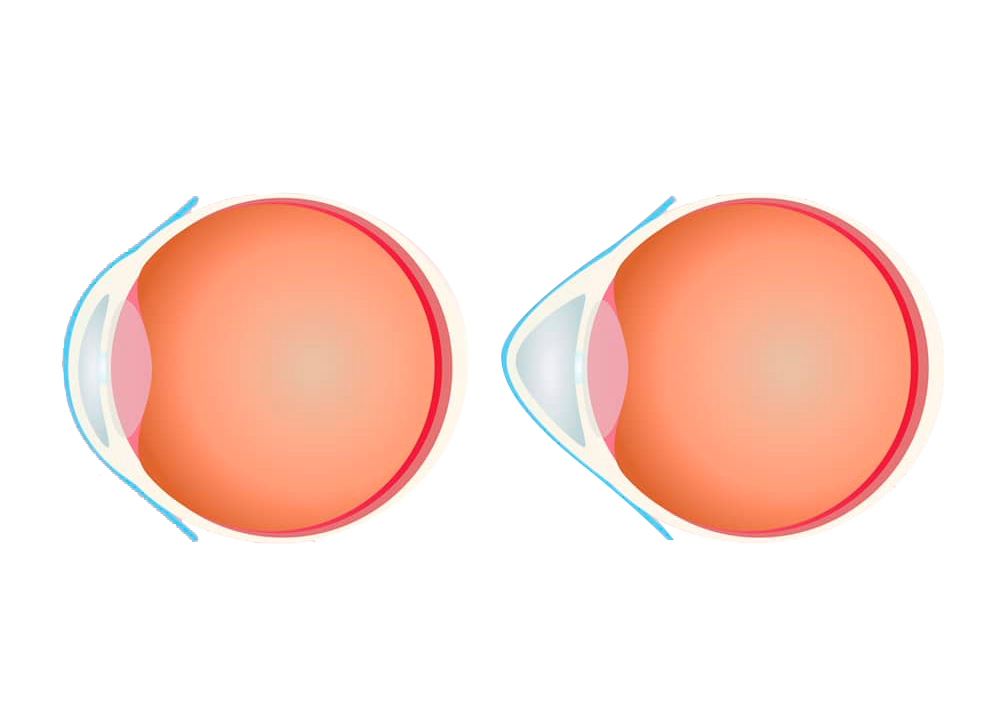Contact lens treatment
Contactology
Contactology is a very specific medical practice that aims to correct certain visual defects by wearing contact lenses day or night. Contact lens adaptation lasts an average of 1 month, so that you can safely enjoy optimum visual comfort. Depending on the patient and the pathology, additional checks may be required.
- Contact lens treatment
- Customized solutions for all types of pathology: myopia, hyperopia, astigmatism and presbyopia
Technical
Orthokeratology
Orthokeratology is the technique of wearing flexible contact lenses at night. This technique can be used for all visual defects (myopia, hyperopia, astigmatism, presbyopia). Only an ophthalmologist can make a medical diagnosis and determine whether there are any contraindications.
- Wear lenses for 6 to 8 hours every night
- Visual defect disappears within 24 to 48 hours
Corneal disease
Treatments for keratoconus
Keratoconus is a genetic, bilateral corneal disease that mainly affects young patients, aged between 9 and 28. It is characterized by a progressive, asymmetrical deformation of the cornea, which thins and adopts a cone shape.
Symptoms may include reduced visual quality, distortion or distortion of vision.
At Vision Future Switzerland, we offer 4 different treatment solutions:
- Wearing rigid or soft contact lenses
- Cross-linking technique (application of riboflavin)
- Corneal ring insertion
- Corneal transplant
All these treatments are designed to slow down the progression of the disease and preserve visual quality.

Testimonials
What our patients say
FAQ
Some quick answers to your questions
What is orthokeratology and what does it involve?
What are the advantages of orthokeratology?
Are there any risks associated with orthokeratology?
Make an appointment at the clinic
Appointments can be booked directly on our website or via the OneDoc app.
Appointments for laser surgery can only be made via our WhatsApp line.
In case of emergency, please contact us directly on 022 365 18 80
